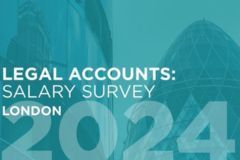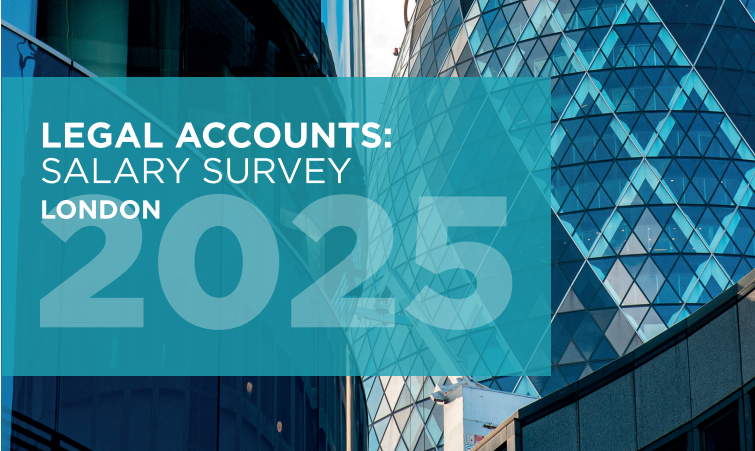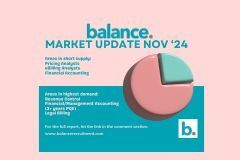
We've crunched the numbers and the results of our 2024 Legal Accounts Salary Survey for London are now in. Thank you to all of our contacts and members of the ILFM who contributed to this years survey. The aim of our survey is to provide the most comprehensive salary benchmarking guide covering all disciplines that make up the modern day legal finance function, with additional commentary on the hiring trends we've observed over the prior 12 months. Of course, there may be some outliers or bespoke roles that a universal salary survey won't be able to accommodate. If you'd like to discuss salary benchmarking for specific roles, please reach out to Richard Hooper on 02039411067. Download your pdf copy here: https://irp.cdn-website.com/08975377/files/uploaded/Market+Update+-+November+2024.pdf







